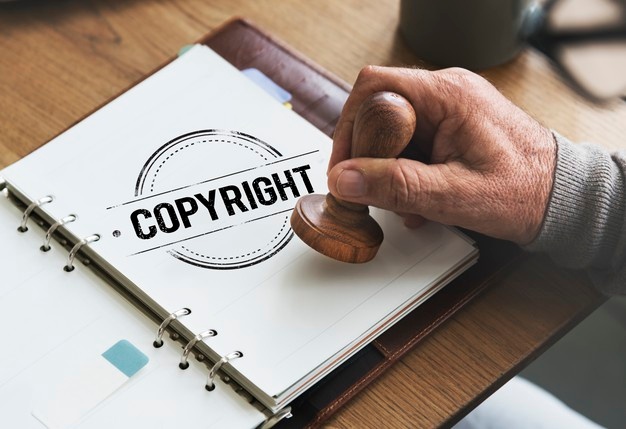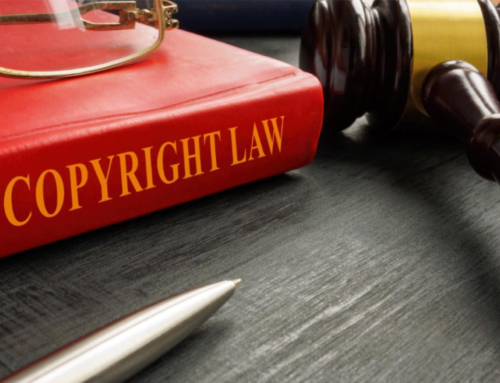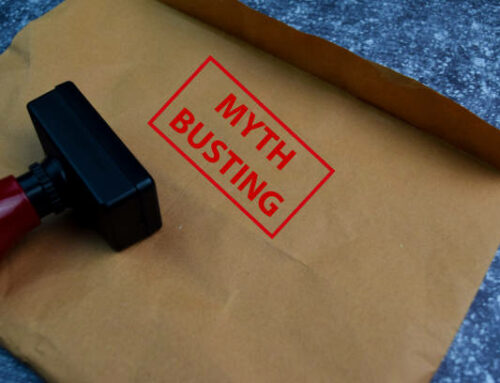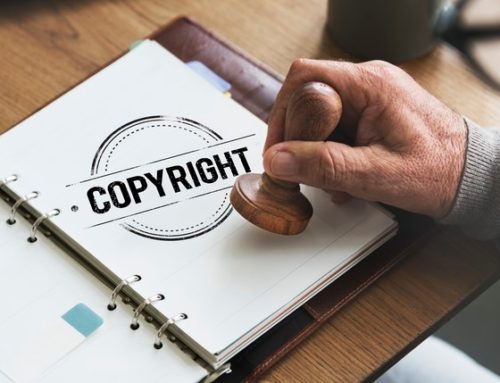How is Copyright done in Washington, DC?

Copyright is a type of intellectual property protection given by United States law. Original works of authorship that are fixed in a tangible medium, whether published or unpublished, are protected by copyright. Literary works, artistic works, live performances, photos, movies, and computer programs are examples of copyrightable works and are protected by copyright law.
- How is Copyright done in Washington, DC?
- What is a Copyright?
- How Does a Copyright Work?
- Speak to an Attorney to Learn More About Your Copyright Protections.
This page gives a basic explanation of the privileges of the copyright holder, how to establish copyright ownership, and the significance of placing a copyright mark on your creation.
What is a Copyright?
The constitutional right of the author or creator is referred to as copyright. Simply put, copyright is the exclusive right to copy. This implies that the only people who have the sole right to reproduce the work are the original producers of the items and anybody they grant permission to.
The Rights of a Copyright Holder
The fundamental purpose of copyright laws is to safeguard the creator’s effort, creativity, and time. As a result, the Copyright Act grants the owner of the copyright specific rights, such as the ability to:
- Reproduce the work
- Make “infringing copies.”
- Distribute copies through the lease, sales, or other means of ownership transfer, as approved by the copyright owner
- Execute the work in public.
The copyright holder also has the authority to delegate any rights similar to those mentioned above. The owner of the copyright has the choice and capacity to convey their exclusive rights to others. Because the Copyright Office cannot provide paperwork for transfers, a copyright transfer is typically provided through a service agreement. Although it is not legally needed to record a transfer with the Copyright Office, possessing legal documentation of the deal is frequently an excellent idea.
When an artist or author produces copies for a corporation during their job with the company, the creator is not the owner of the copyrighted material. This is defined as “work made for hire,” It grants the person who purchased the content copyright rights. A creative work produced for hire purposes might arise whenever an independent contractor is employed to generate a specific task or when an employee creates the work as part of their job. For instance, when an employee produces articles on behalf of a corporation, the firm, not the individual, has the right to own the copyright.
Notice of Copyright
A copyright notice, formerly needed under US law, is no longer necessary under the Berne Convention (as of March 1989). It is important to note that a copyright notice might still be beneficial to the copyright owner.
First and foremost, it informs the audience that the work is protected by copyright. It also tells the audience who owns the copyright and when the work had been originally published. It’s also simple to include the copyright notice, but it doesn’t need the copyright owner to obtain permission or apply with the Copyright Office. Finally, a copyright notice is a bright idea since it precludes a defendant from using an unintentional infringement defense (saying that the copyright violation was “unintentional”) in a copyright infringement prosecution.
How Does a Copyright Work?
When someone develops a product that is regarded as unique and takes substantial mental effort to create, that product becomes an intellectual property that you must safeguard from illegal replication. Whether it’s art, computer software, poetry, musical lyrics, graphic designs, or original architectural designs, as long as they are examples of one-of-a-kind work, the copyright law applies to them. Copyright is one legal protection that you may utilize to protect an original production.
When is a content subject to copyright?
Work is subject to copyright law if the creator developed it from independent thought devoid of plagiarism. This is referred to as an Original Work of Authorship (OWA). Anyone who has created an original piece of authorship immediately owns the copyright to such a work, prohibiting others from copying without permission and properly acknowledging the creator when reproducing it. The original inventors might voluntarily register the copyright if they want to get an advantage within the legal system if the necessity arises.
Not all forms of content can be protected by copyright. Concepts, discoveries, concepts, or hypotheses are not covered by copyright. Copyright law does not protect logos, brand names, public-domain names, slogans, or titles. Original work must be in physical form to be copyrighted. This means that for a speech, discovery, musical composition, or idea to be copyrighted, it must be in written form.
How to register for copyright
Registration with the United States Copyright Office is not required to get copyright protection for a creation; nevertheless, it does offer advantages. Registering your copyright, for example, creates a public record of your copyright claim. Copyright filing is also required before a copyright holder may initiate a case in court for infringement. Lastly, if you file your copyright between three months after releasing the product or before a breach, you may collect attorney’s costs and statutory damages if you are sued.
The registration form, a non-refundable registration payment, as well as a non-returnable “deposit” of a replica of your work are the three main components of a copyright registration application. The computerized Copyright Office is the ideal place to file your copyright (eCO). Online filing offers numerous benefits, including faster processing time, reduced filing fees, and the opportunity to follow your progress online.
Speak to an Attorney to Learn More About Your Copyright Protections.
Your copyright-protected work is valuable; yet, if you’re not careful enough to protect your work, you risk losing something you’ve worked hard to produce from originality. The first step is to understand what a copyright is. Should you have questions about whether your creation is eligible for copyright protection or need legal advice for registering your copyright material in tangible form, you should speak with an expert copyright lawyer in Washington who specializes in intellectual property laws. War IP Law has a team of dedicated copyright attorneys who can help you through the process of registering a copyright. Contact our Washington IP law firm today!





